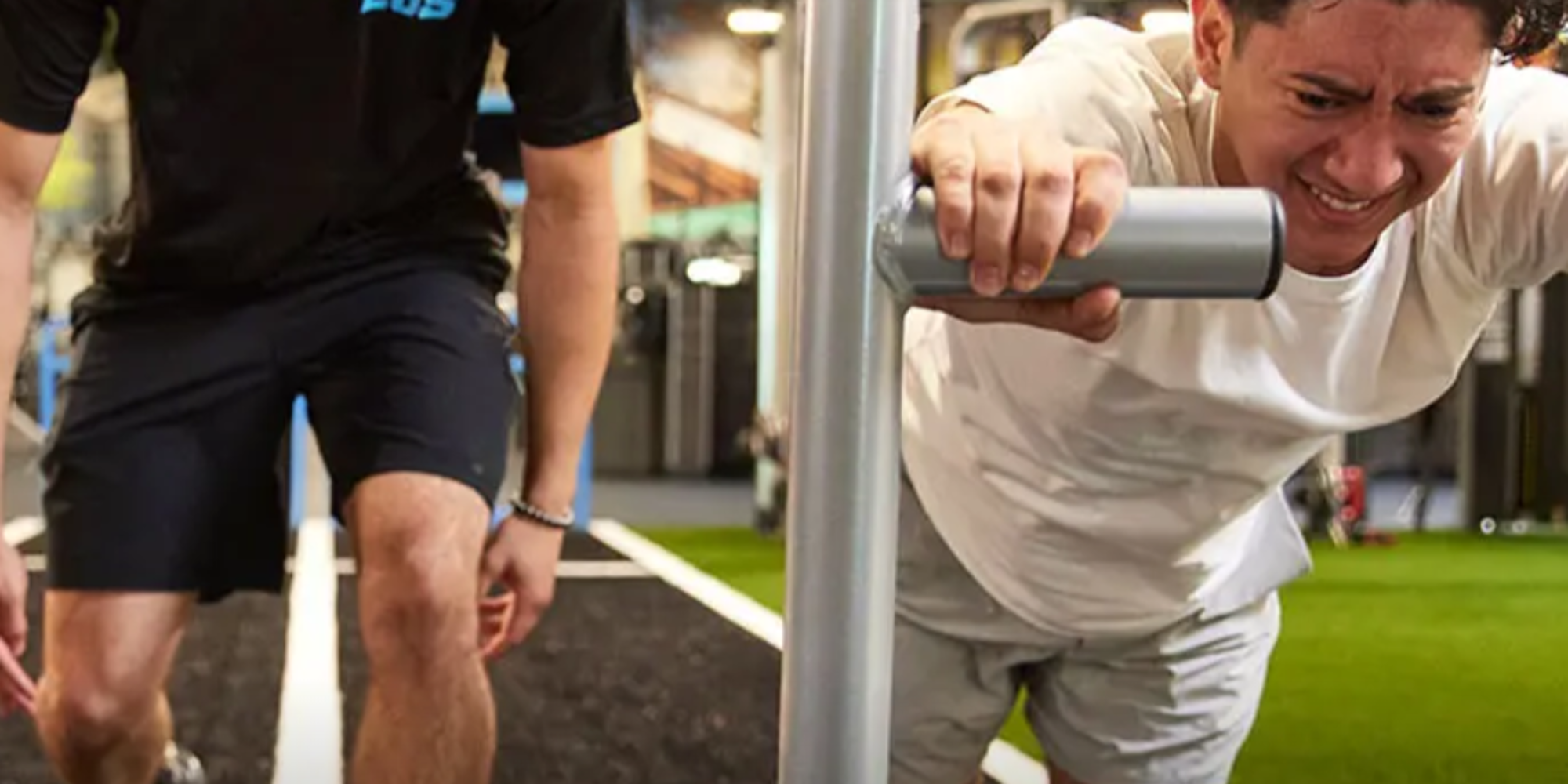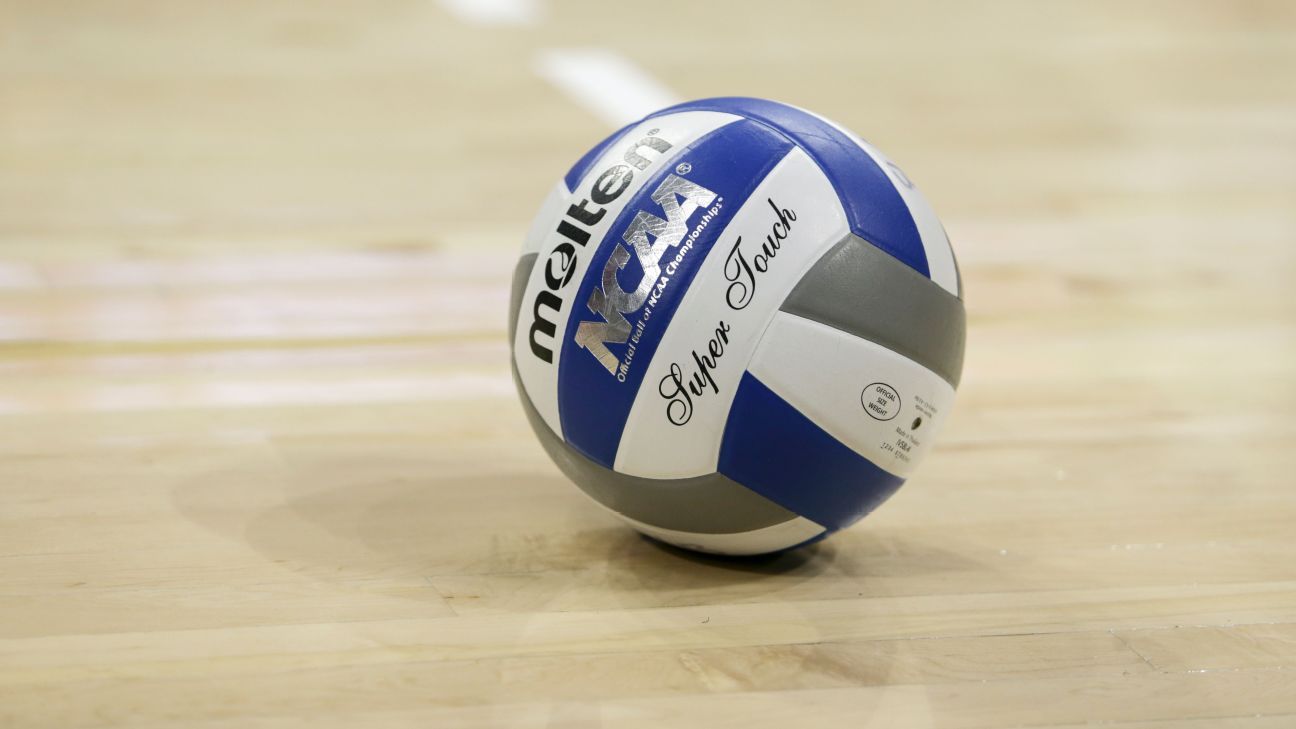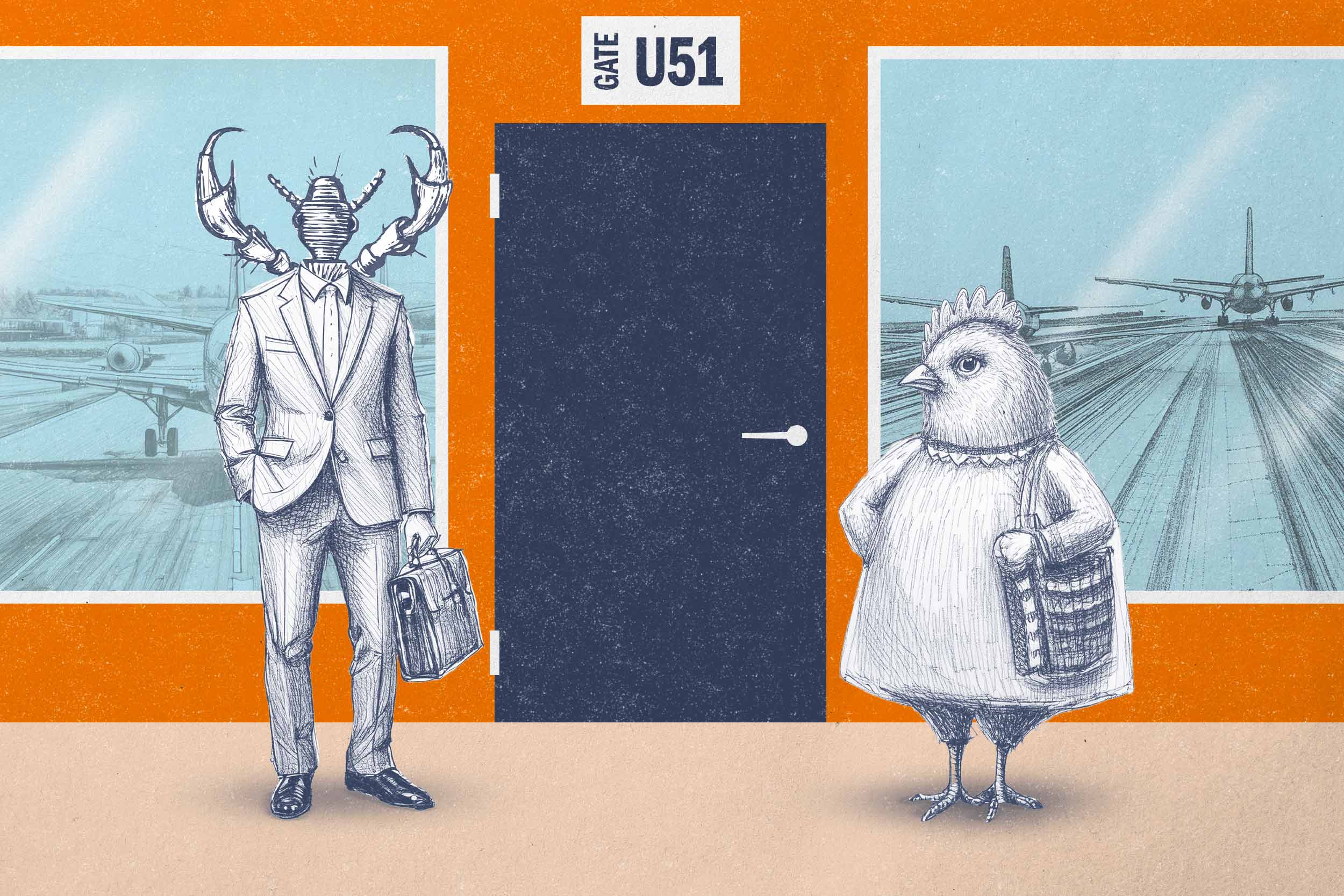Sports
Health Headlines: Bringing professional league sports medical technology to kids

CHICAGO, Ill. (Ivanhoe Newswire) – More than 30 million kids across the country play some type of organized sports. But when you play a sport often enough, you know, there’s going to be injuries. In fact, more than 3.5 million kids are sidelined by injuries each year. Of course, there’s always a hard hit or broken bone, but a lot of sports injuries can be caused by overuse and wrong form. Now, a technology, once reserved for the pros, is helping kids take their game to the next level.
Quin Brigham, a High School Baseball Pitcher, has thrown hundreds…probably thousands…of baseballs throughout his life.
Quin says, “I’ve been playing baseball since I was, forever, three years old.”
And he’s played through some serious pain.
Quin explains, “I started to get pain up here and I didn’t really think anything of it. I just kept playing through and then slowly, it started to go down to my elbow.”
He tried motion capture technology to try to pinpoint the problem. Athletic trainer, Dave Heidloff at Midwest Orthopaedics at Rush Sports Performance Center uses 3D models to break down the mechanics of Quin’s throw.
Dave says, “We’re able to see what things look good, where you’re efficient and where you’re inefficient. And those inefficiencies are, really, a big factor in reducing your speed or velocity on your throws, but they’re also, likely, going to overstress tissues and predispose you to injury risk.”
The technology analyzes 13 different joint measurements in real-time, details timing, and measures nine different stresses through the shoulder and elbow. And can track velocity, strength, and balance.
Trainers know immediately if their interventions are working or not.
Quin says, “I used to be, like, way down here with my arm, just right here. And now, I’m more here and I’m driving through.”
After tweaking his technique, Quin is pain-free and now hopes this technology will be a real game-changer.
Quin says, “It’s been my dream to play in college, so I’m gonna try to take it as far as I can.”
3D motion capture technology is not just good for baseball players, but anyone who plays sports and has reoccurring pain.
Contributors to this news report include: Marsha Lewis, Producer; Roque Correa, Editor, Kirk Manson, Videographer.
Copyright 2024 KPLC. All rights reserved.








